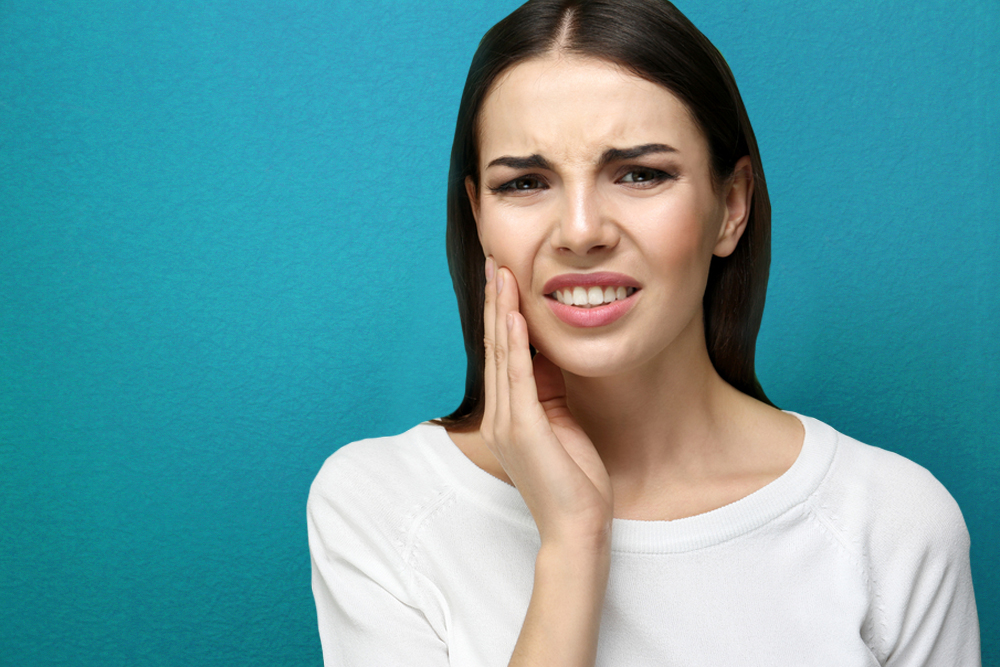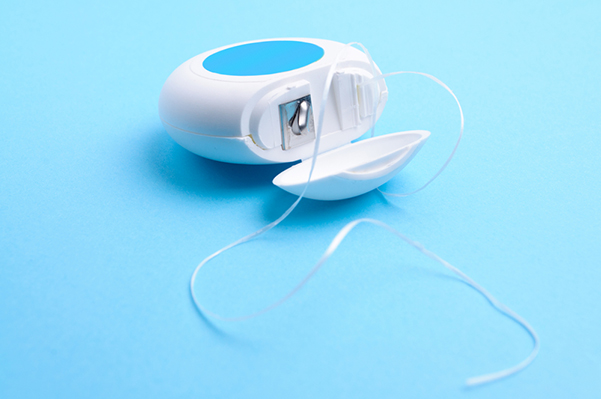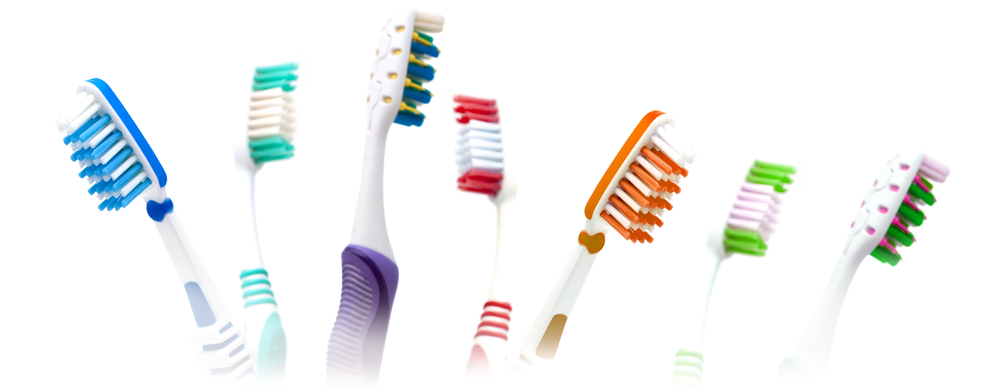What Causes a Toothache?
Mar 6, 2023

Toothaches can be caused by a number of things, including decay, infection, grinding of teeth, fractures, or abscesses. It will result in symptoms such as an aching jaw, increased tooth sensitivity, fever, mouth tenderness, and sharp pain when chewing or biting. You should see your doctor for an official diagnosis, especially if this persists for more than two days. And while you can ease the pain with at-home remedies, you may need further professional treatment through cleanings, fillings, crowns, or a round of antibiotics in the case of infections.
Toothaches can spell bad news if you leave them alone for too long without treatment. Whether it’s a minor issue or a major problem, it’s important you get to the root of the cause right away. So what’s causing your toothache in particular and what can you do about it? Let’s find out.
Common Toothache Causes

Toothaches can be a warning sign of a larger problem. While your dentist is the one who should make the final call, you can expect it could be caused by one of the following problems.
Tooth Decay (Cavity)
Tooth decay occurs when bacteria begin to eat away at your teeth. It can give the appearance of small white, brown or black spots on your teeth. Your dentist will treat the cavity will a filling, a routine cleaning, and potentially an antibiotic to help fight the infection.
Infected Gums (Gingivitis)
Untreated gingivitis can move on to become gum disease or periodontitis, making it important to tackle quickly. Bad oral hygiene habits will cause the onset of infected gums.
A dentist can treat gingivitis with scaling and root planing. But after your professional cleaning, you’ll need to hold up your end of the bargain with improved dental hygiene habits otherwise you’ll go right back to step one with reinfected gums.
Grinding Teeth
Grinding your teeth, otherwise known as Bruxism, can crop up occasionally due to stress. It becomes a problem when it begins to occur regularly. The worst is, you may notice the symptoms without realizing you’re grinding your teeth to begin with.
Grinding teeth will cause pain in your teeth and jaw. It could also cause headaches, earaches, facial pain, and visibly worn-down teeth.
Visit your dentist to begin taking action to correct and prevent damage caused by teeth grinding.
Tooth Fracture
Tooth fracture occurs one of three ways: from injury, gradually over time, or by biting down on something hard. Pain is triggered by irritation or infection in the pulp and nerves of the split tooth.
Your dentist will be able to assist with one of the following solutions:
Abscess
Abscesses can occur due to untreated cavities, injuries, or negative reactions from previous dental work. An abscess in your tooth is a bacterial infection. It will cause a pus-filled pocket to form around the tooth.
You may notice throbbing pain in your jaw, facial swelling, and difficulty chewing and biting. Eventually, the abscess can rupture, unleashing the fluid into your mouth.
What Are the Major Symptoms of a Toothache?
A toothache will be a consistent, dull, throbbing pain. It may become increasingly worse when chewing or eating cold or hot foods and drinks. Other symptoms to be on the lookout for include:
How Do You Get a Toothache to Go Away?
While the cause of a toothache will need to be assessed and treated by a dentist, you can combat the pain at home before your appointment. Try the following techniques, including natural remedies, for getting the pain of a toothache to go away:
Will a Toothache Go Away on Its Own?
There’s a chance your toothache will go away on its own. However, this could take quite some time. It could also just be the ending of physical pain while the root of the problem persists.
Even if your toothache suddenly disappears, you should have your teeth checked by a dentist to find what caused it in the first place.
What is the Best Painkiller for Toothaches?
The best painkillers to ease toothaches are ones with anti-inflammatory properties. You’ll want to select an NSAID, like ibuprofen or naproxen. Common brands include:
While acetaminophen can alter your perception of pain, it won’t reduce inflammation.
When Should I Go to a Dentist for My Toothache?
You should schedule an appointment with your dentist if your toothache is severe. A severe toothache persists for over a day and is accompanied by a fever, earache, or intense pain upon opening your mouth.
How Can I Prevent Future Toothaches?
Here are some oral health habits to keep in mind when preventing future toothaches:
No matter what your daily toothache prevention practices are, your oral health will improve with regular visits to your dentist. A dentist will be able to catch problems before they cause turmoil in your mouth – keeping your smile healthy, happy, and pain-free.
Is a Toothache Bothering You?
Call to schedule your appointment!
(904) 269-6558
or
Fill Form To Schedule Your Appointment
For informational purposes only.













